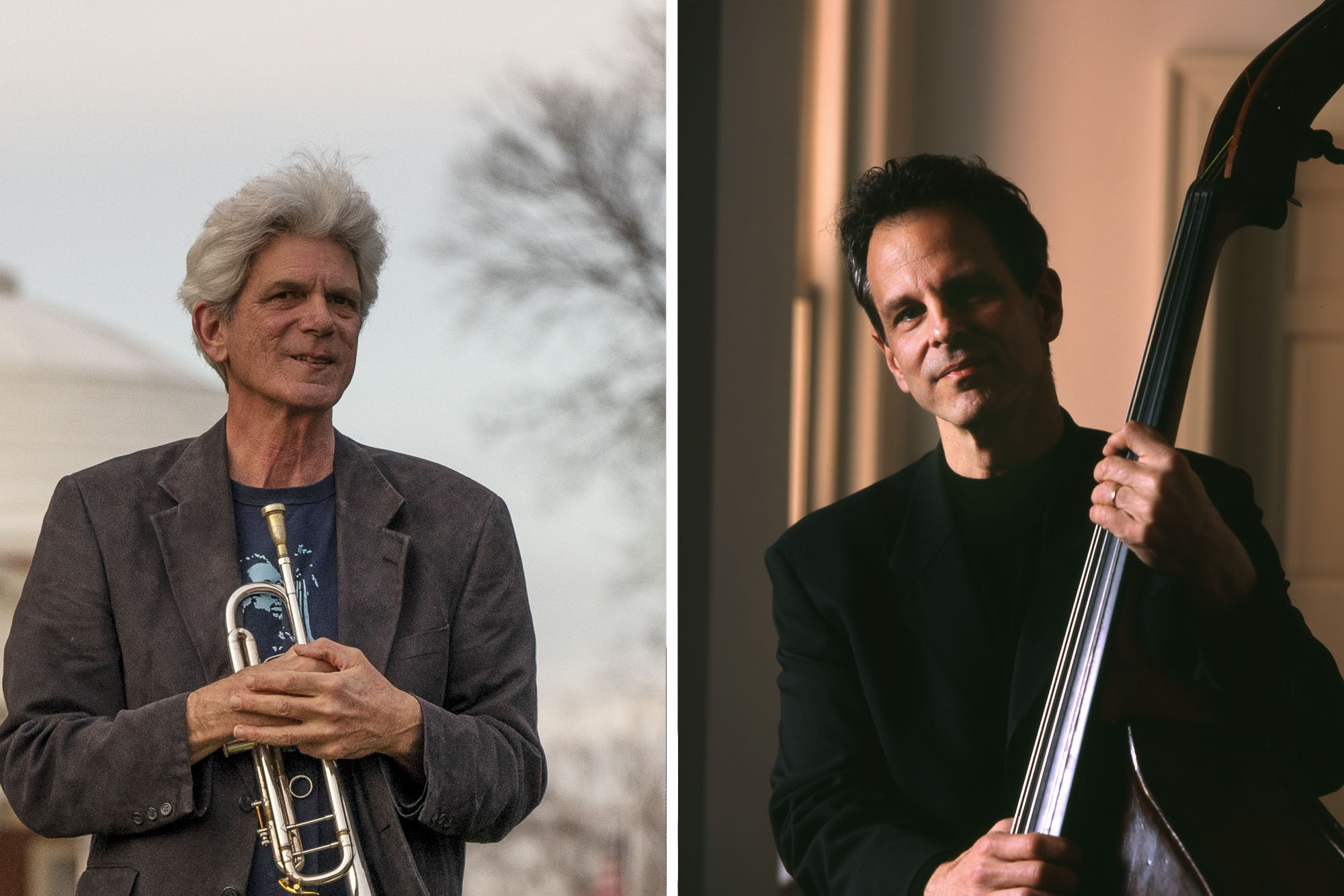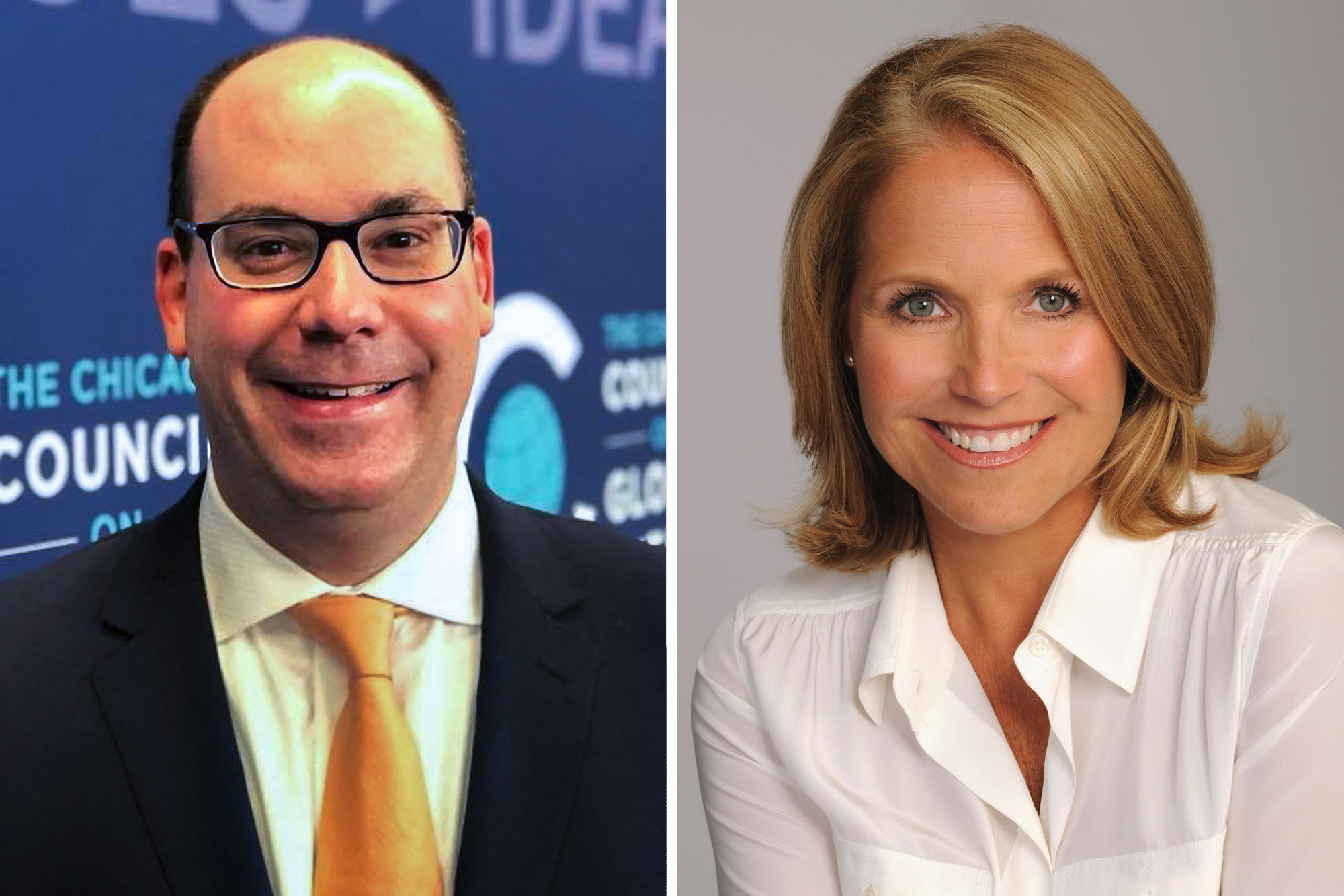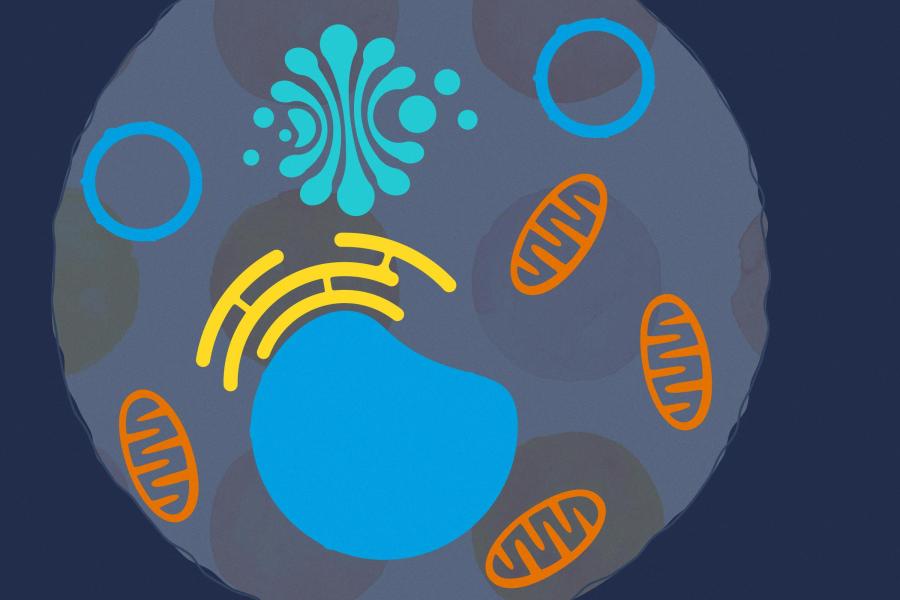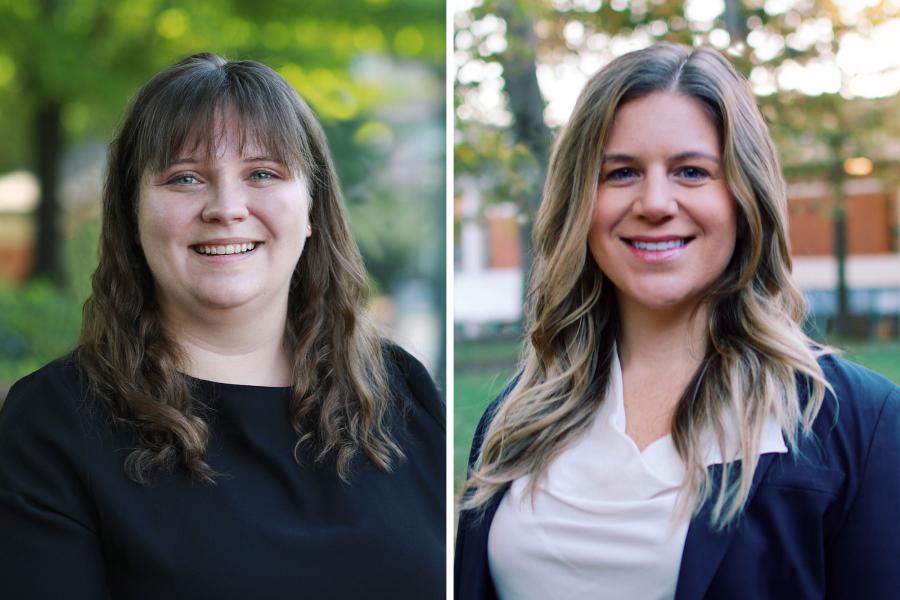What do journalist Katie Couric, a Chicago gastroenterologist, a renowned trumpeter and accomplished bassist have in common?
Well, the University of Virginia for one thing. Couric and Dr. Benjamin Levy, division head of gastroenterology at Mount Sinai Hospital, Schwab Rehabilitation Hospital and Holy Cross Hospital in Chicago, both graduated from UVA. Jazz trumpeter John D’earth and bassist Peter Spaar are currently on the faculty in UVA’s McIntire Department of Music.
And, on Wednesday night – the last night of National Colorectal Cancer Awareness Month – the four Hoos will join more than 25 musicians for a free virtual concert, “Tune It Up: A Concert to Raise Awareness of Colorectal Cancer.”
Hosted by the American College of Gastroenterology and directed by Levy, who has put on numerous concerts combining medicine and music, the event features a wide range of genres, including rock, jazz, hip-hop, Broadway and classical music. In addition to D’earth and Spaar, performers include Grammy-winning singer-songwriter Lisa Loeb, Grammy-nominated singer-songwriter Rufus Wainwright, rock musician Tim Reynolds, the Cincinnati Pops, the Chicago Symphony and more.

Two UVA faculty musicians are among the performers: jazz trumpeter John D’earth, left, and bassist Peter Spaar. (Photo by Sanjay Suchak, University Communications; contributed photo)
It will air at 8 p.m. EDT on the American College of Gastroenterology website. No pre-registration is required.
The concert champions a cause close to Couric and Levy’s hearts. Couric’s first husband, Jay Monahan, died of colorectal cancer in 1998 at age 42. Since his death, Couric has been an outspoken advocate for early cancer screening, even undergoing a colonoscopy live on-air on NBC’s “Today” morning show. She also co-founded Stand Up to Cancer, which funds and develops promising cancer treatments, and has supported the Emily Couric Clinical Cancer Center at UVA, named after her older sister, who died of pancreatic cancer in 2001.
As a gastroenterologist, Levy has witnessed the devastating effects of colorectal cancer in his patients – and has also seen how early detection can save lives.
“Colon cancer is one of the few cancers that we can actually prevent, if we catch it in time,” he said. “We can remove polyps, which are small growths that can turn into cancer over time.”










